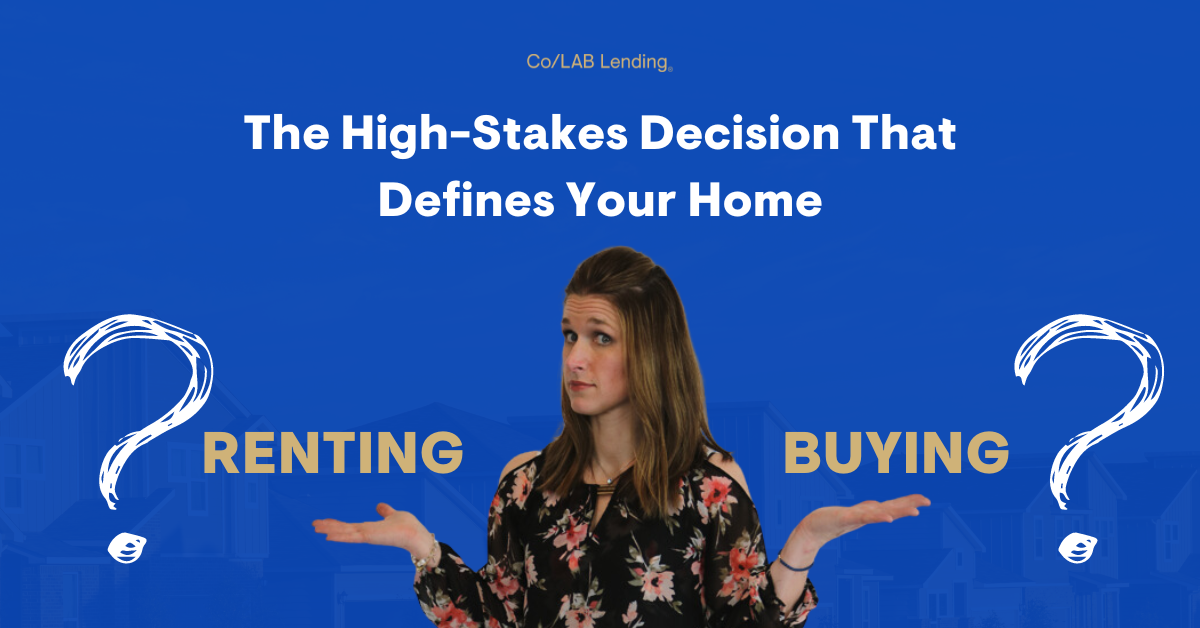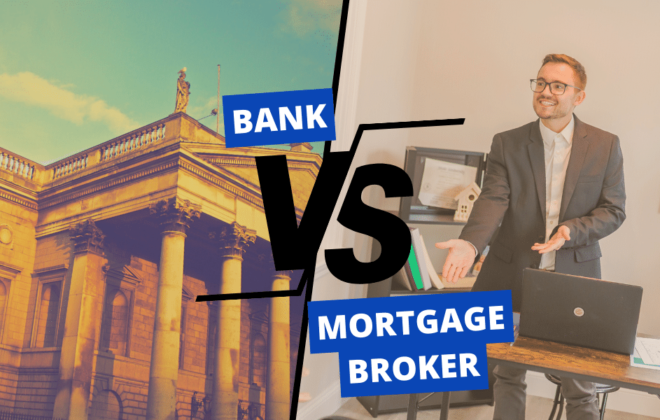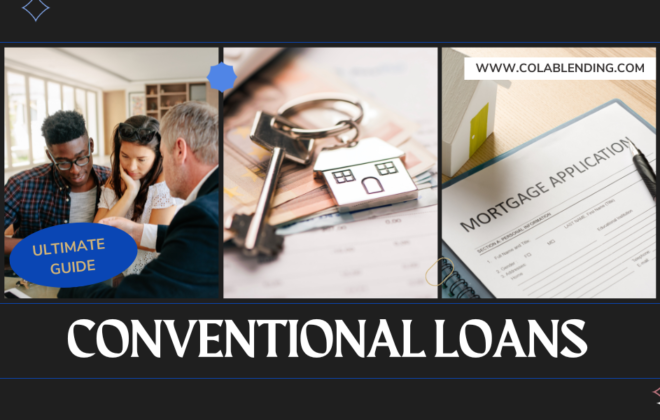Renting vs Buying: What’s Better for You?
Renting vs Buying … When it comes to deciding whether to buy or rent, everyone seems to have a different opinion. Obviously, there are many factors to consider when deciding to purchase or rent a home, but ceteris paribus, is one option better than the other?
Using aggregated data from both the U.S. Department of Housing and Urban Development and the Bureau of Labor Statistics, along with public sales records, ATTOM Data Solutions, a massive national property database, recently found that buying a home was more affordable than renting in 66% of the U.S. housing market. While interest rates are on the rise, buying a home continues to be more affordable than renting in the majority of counties in the United States.
How Do I Know If I Should Buy or Rent?
Let’s start with the basics. Whether you’re renting or buying, your housing expenses shouldn’t amount to more than 25 to 35% of your pre-tax income. While this may seem like a wide range, the lower end is for more financially conservative borrowers while the other is for more flexible ones.
ATTOM’s report found that monthly mortgage payments on a median-priced home (including mortgage, property taxes, insurance) are more affordable than the fair market rent on a three-bedroom property in 354 of the 540 analyzed counties. Thus, where you live or where you’re going to live may be the most important consideration in answering the question, should I buy or rent?
Buying a home in Pennsylvania, for instance, is by far and away from the better financial choice. In fact, if you were to buy a $160,000 house (the average in PA), there is a good chance you’d save about $5,000 over the course of nine years. But that’s just the start of it…
Appreciation, Amortization, and the Tax Benefit
In conjunction with the monthly savings in rent, purchasing a home in PA would allow you to accrue tens of thousands of dollars in appreciation. Using the historical appreciation rate of 3.78%, $160,000 would be worth $223,431 after just nine years.
In addition to appreciation, you’re also building equity through amortization. To explain this, let’s say your down payment was $6,000 (3.75%), making your mortgage amount $154,000. For sake of argument, let’s also say that you have a 3.875% interest rate. By taking the original loan amount ($154,000) and subtracting your remaining principal balance after nine years ($124,738), you would have built $29,262 in equity in that time.
Lastly, many prospective homebuyers overlook the tax benefit they could earn if they bought a home. If we are to base this hypothetical off of a federal tax rate of 25.00%, meaning you can write off a quarter of your interest (3.875%) every year, you’re looking at a nine-year adjustment of $21,237.
So Why Do People Still Rent?
With such huge gains in appreciation, equity, and tax adjustment, why are there so many people still renting? To answer this question we turn to a 2017 report from Zillow:
The fact that the inability to afford a down payment is the frontrunner of these perceived boundaries isn’t surprising considering a 20% down payment on a typical U.S. home costs more than two-thirds of the national median annual household income. However, 20% isn’t always necessary.
Loans with Low Down Payments
While a 20% down payment is ideal—you’ll save money in interest and private mortgage insurance (PMI)—it isn’t always realistic. On the flip side, renting is still a significant expense, but it doesn’t build any equity.
Plus, there are multiple options that homeowners can use to get a home for little to no down payment, including, but not limited to:
- USDA Loans (no down payment): This is a great option for potential homebuyers who have little or no money for a down payment. So what’s the catch? The stipulation is that you need to buy a home that’s located in a “rural area” as designated by the USDA.
- VA Loans (no down payment): As the name may imply, this option is available for service members and veterans (and their spouses) to buy a home. VA loans offer 100% financing without the need for PMI. Obtain your Certificate of Eligibility and you’ll likely be approved.
- ARM (small down payment): while the interest rate does adjust over time, generally the down payment falls somewhere around 5%. In addition, the introductory interest rate is significantly lower than a fixed-rate mortgage, which means your monthly rate is going to be lower as well. If the long-term plan is to flip the home, an ARM can be a great option for potential homeowners who plan on occupying the property for a short period of time (5-10 years).
- FHA (small down payment): This is one of the most popular options for first-time homebuyers as the down payment is as low as 3.5%, even with a less-than-perfect credit score. Unless your front and back-end ratio is too high, you have a good chance of being approved for this mortgage, as long as you can verify steady employment history.
Homeownership Assistance in Pennsylvania
Thankfully, even if the downpayment is out of reach, you’re not out of luck. Pennsylvania—along with many other states—offer homeownership assistance to help with down payments, closing costs, and even rehabilitation costs.
The U.S. Department of Housing and Urban Development (HUD) is a great place to identify which programs are available in your area. While some of these benefits are the same across the state, it’s important to remember that more often than not, this assistance varies by county.
Additional Considerations and Options
Buying is, by and large, a better option. However, despite ATTOM’s findings that 66% of the U.S. housing market lends itself advantageously to buying a home, this route isn’t always an option. After all, this statistic still indicates that 46% of the country is in a better position to rent.
For this reason, it’s important to consider the question wholeheartedly. When you decide you’re ready to buy, contact Co/LAB Lending to learn more about your loan options.
Mortgage Consultation Today!
Categories
- Credit (4)
- FHA Loans (3)
- Finances (3)
- First Time Home Buyers (6)
- Grab Bag (7)
- Home Technology (1)
- Homebuying Tips (17)
- Inspiration (1)
- Insurance (3)
- Interest Rates (3)
- Loan Process (1)
- Mortgage Financing (14)
- Motivation (1)
- News (1)
- Press Release (8)
- Renovation (2)
- Self Employed (1)
- Tips & tricks (1)
- Uncategorized (134)
- USDA Loans (1)
- VA Loans (2)




